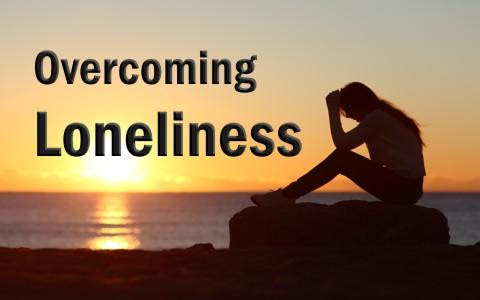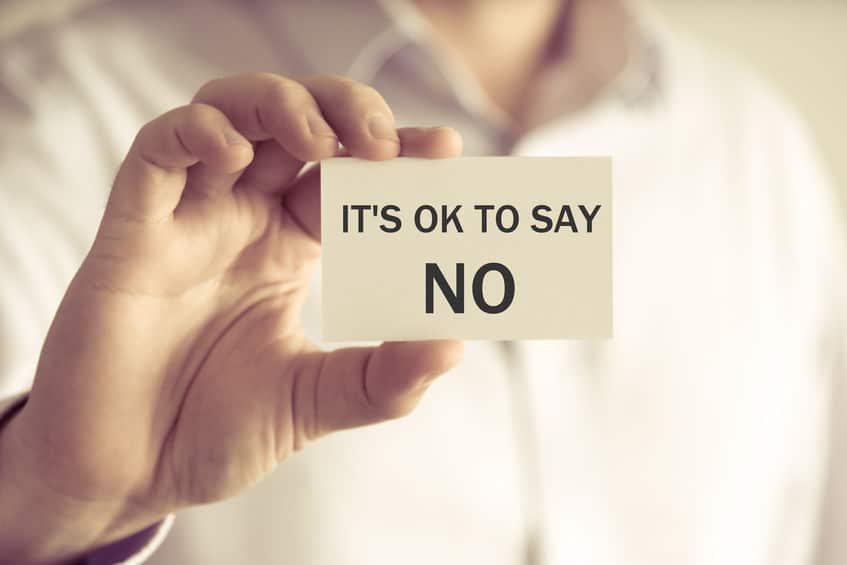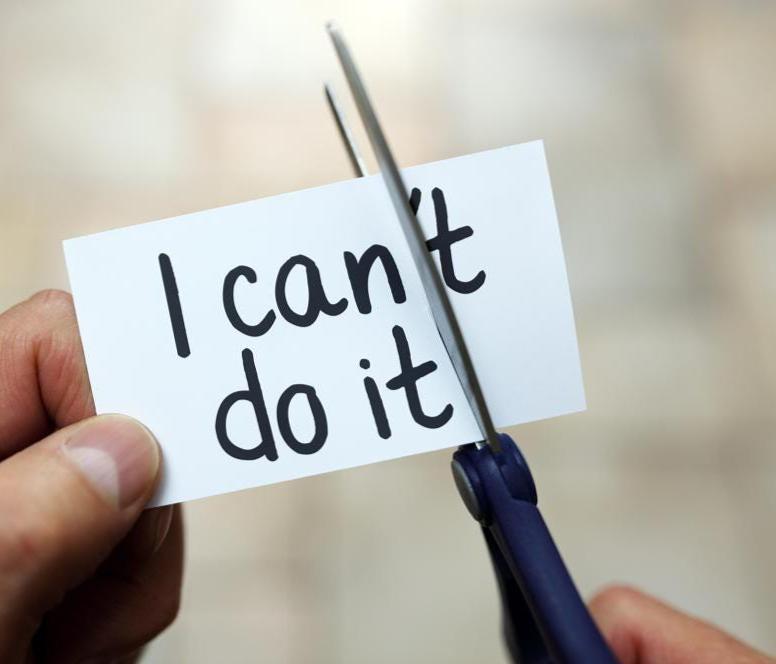Everyone can feel lonely, and you don’t necessarily need a reason to feel this way. Sometimes it might even just pass. But, maybe there is a reason, or maybe it’s just not passing this time. However it features in your life, and however it makes you feel, there are things you can do to feel less lonely.
What Can Cause Loneliness
There are different reasons why you might be feeling lonely – perhaps you’ve lost a loved one, moved away from friends and family, lost social contact and enjoyment you used to get from work or have health problems that make it difficult for you to go out and do the things you enjoy. There also might not be any clear reason at all to explain how you’re feeling, and that’s fine too.
Below are tips to help you deal with loneliness
Join an online group of like-minded people. You can now find people online with just about any interest — for example, fashion, youth empowerment, cooking, or sports. can be a way to feel more connected to others, even when you don’t have access to face-to-face interactions. You might get to know some new people or make lifelong friends. You can even you out a few groups to see which ones fit you best and decrease your loneliness the most.
Volunteer remotely or in real life. For some of us, it’s hard to find people to spend time with, let alone connect with. So we have to find new people. One way to do this is by volunteering for a cause, either remotely or in your town. Just be sure you’re working with others. Working on an important problem with others can help you decrease loneliness.
Be nice to yourself. It’s important to practice this daily. Remember, everyone fails, and there is no need to be too hard on yourself, feel guilty, or put yourself down. That kind of attitude won’t help you decrease loneliness, now or in the future. Instead, try talking to yourself in a way that is supportive, kind, and caring—and you’ll be more likely to acknowledge mistakes you may have made in trying to decrease loneliness, and hopefully do better next time.
Be active online. Instead of passively surfing the net or your social media, if you want to go online, opt instead to do something that involves the active participation of other people. For example, you could play games with others, chat about something you care about, give advice on a forum, or have a video call with a friend. The more you interact with others while online, the more connected you are likely to feel.
Stop your negative thought cycles. We might repeatedly think about what we could have done differently to prevent ourselves from feeling so alone. We ruminate on the events or people or causes because we mistakenly believe that thinking about negativity helps us solve it. Unfortunately, it does us no good to get caught up in our thoughts instead of taking the actions we need to feel better.
To put an end to these negative thought cycles, we need to take action—do something different that stops these thoughts and changes our experience of the world. For example, if I’m feeling lonely, I’ll go to the gym or schedule lunches with friends for the next few days. And it helps.
Generate a sense of awe. Awe (like when we witness the birth of a new baby or the beauty of the sunset at the beach) makes time seem like it’s standing still and helps us be more open to connecting. Something about feeling small in the context of a big world appears to help us see ourselves as part of a whole, which may help us feel less alone. So expose yourself to something that creates awe—like landscapes, new experiences, or new foods.
Pay Attention to everything. it’s helpful to start paying attention to the present moment. What are the experiences that make you feel lonely? And what are the experiences that make you feel connected or like you belong? Identifying these moments can help you reduce loneliness because you can limit your engagement in activities that make you feel lonely and increase your engagement in activities that make you feel connected.
Create a vision board. Keep a vision board to remind you of your goals. Sometimes you may have a hard time sticking to it, but having the vision board reminds you to. Once you discover the things that make you feel less lonely and more connected, it can be helpful to create a board or list or plan for what you’ll do—something to keep near you so you remember what you need to do to combat loneliness.
In conclusion, loneliness can have a significant impact on our mental well-being. Being lonely can often lead to you feeling worried, low, out of sorts, or just struggling to work up the energy to do things you used to. These are signs you’re not feeling as well as you could be. Talking is often the best way to start feeling better. That could be with a family member, your doctor, or nurse – whoever you feel comfortable with. Speaking up is the first step to overcoming loneliness.




